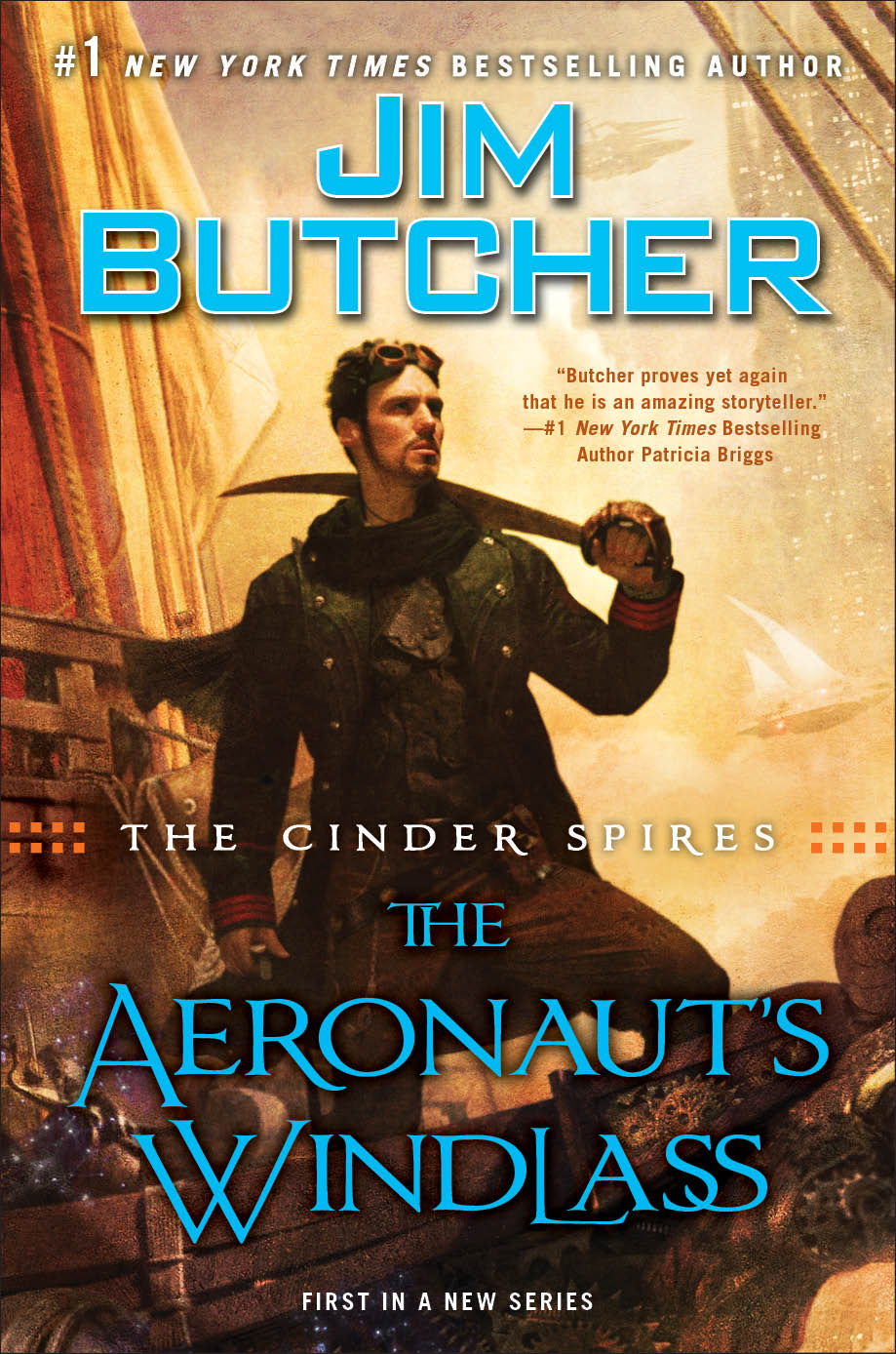I tend to not like the term steampunk for the genre of stories set in a victorian era or that equivalent. It's a personal thing. The more "specific" a genre goes, the more I worry. I worry that genre's stereotypes and tropes are going to overrule everything else going on. That's what happens when a lot of people identify a piece of fiction. They are aware of what tropes will be present in the story and build expectations based on that.
That and I don't know if Steampunk knows what it is. Industrial age adventures with machines? We got those. Where does the Time Machine and a Thousand Leagues Under the Sea fit into that? Steampunk's pedigree is that of being the child of cyberpunk.
That doesn't help either. Cyberpunk is just a form of Sci-Fi dystopia. When people do things steampunk related, does it carry any real punk with it? I don't know.
I love the era these kinds of stories are trying to evoke though. I grew up learning the history of the 19th century. I have spent my own time digging deep into industrial revolution and the stories around it. Crux itself kinda is my own tabletop RPG reflection on it. When fantasy blends with it, I get kind of excited.
The upshot to Steampunk that bleeds into fantasy is that it helps break up that genre. Fantasy tends to be this same sort of fictional world. Everyone know what the generic fantasy world is. When I even use the phrase "generic fantasy world" you've already got an image in your head about it. Steampunk at least can help broaden what fantasy can be. Especially by bringing in new setting elements and new ideas. Like urban fantasy, it interests me a bit more than the rest.
Dragons Versus Cats
In keeping with writing Crux a lot, I've been reading more and more Steampunk and the like. Of the two recent reads, one I didn't like. The other I couldn't put down. Considering the latter was written by Jim Butcher, my reaction shouldn't surprise anyone.
The Dragons of Dorcastle didn't make me want to continue the trilogy it's meant to be part of. The main part that turned me off of it had to be the lack of any secondary characters. That wasn't the only thing, but it didn't seem appealing to continue. I didn't care what happened, and it went a little too close onto the plot rails for fantasy.
But the latter book I finished, Aeronaut's Windlass, that got me excited. To be sure, I get worried that I follow particular writers, rather than following particular stories. But the Dresden Files' appeal to me has to be with its characters and what happens with them. So where Dragons of Dorcastle felt dry and a bit thin, Aeronaut's Windlass felt like a fresh thunderstorm to experience.
Aeronaut's Windlass. The name itself makes you curious, doesn't it? Aeronauts. You want to see them and what that means. It's only part of the title though, as it is the first another new series, the Cinder Spires. Which is fine.
Series aren't problematic for us book folk these days. If the stories are good, we'll line up. Aeronaut's Windlass delivers on that count. The infrastructure of the setting is seen through the characters. The novel must be Butcher's first to deal with this many POV characters. POV characters that experience key events from many viewpoints.
So. Kewl.
The one thing Jim Butcher excels at is creating interesting characters. Ones that you want to see succeed. Brilliant people. Great people. Even the villains are intriguing. Then he bloodies the fuck out of them. Hence the last name of "Butcher."
Madness For the Road, Please.
The worldbuilding within the novel is quick. The main locale is a greater region called Spire Albion. Which evokes that british steampunk feel once you toss in the airships. The surface of the planet seems overrun with vicious jungle life. This has forced civilization to stay within massive spires. Each of which has airships and conflict with one another over resources.
Reminiscent of the late 18th century, in a way. Cats are a intelligent society of their own, with their own language and POV character. There seems to be more going on as well, like a lack of herd animals. The phrase vat meat comes out early on. Something happened, and space seemed to be one of the big concerns for each Spire.
But the last part that I enjoyed is the closest thing the Cinder Spires world has to spellcasters. Etherealists. Without spoiling it, their powers seem to leave them as a whole insane. It's a trade off it seems. One where they get neat magical abilities, yet seem unable to do certain functions.
I regret not having this in my brain before writing Crux stuff. The idea of a magic system wherein you lose part of your mind in exchange for insight and powers. Strikes me as kewl as the furycrafting in Codex Alera. But that's the important part of fiction like this, it always helps generate new ideas.



No comments:
Post a Comment